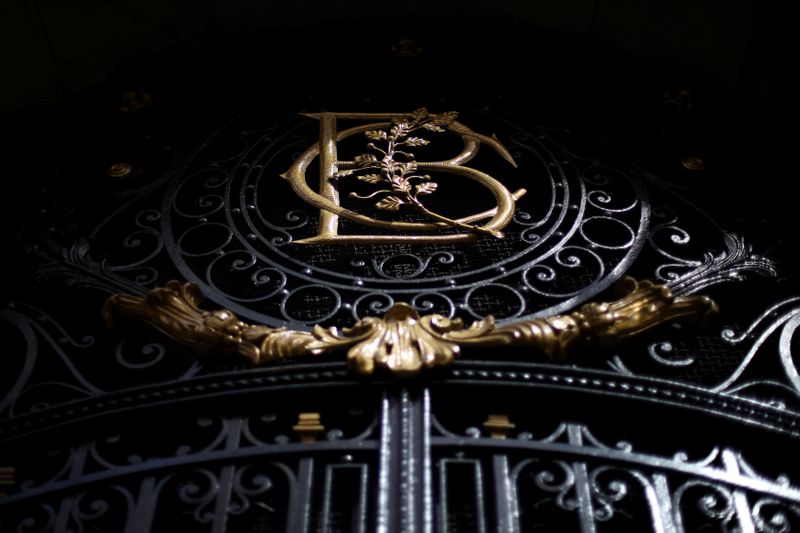By Rodrigo Campos
NEW YORK (Reuters) - Chile's market darling status is threatened by its economic and political outlook, but investors see an opportunity as the South American country heads into a presidential election with no clear favorite while also rewriting its constitution.
Chile's local stocks are back in the black for the year following the rise of right-wing presidential candidate Jose Antonio Kast ahead of first-round elections on Nov. 21. But the index priced in dollars is on track for a fourth straight negative yearly return.
An index of Chilean stocks traded on U.S. exchanges is nearly flat for the year.
The sharp decline in the currency is partly to blame, but the declines have come even with Chile expected to post double-digit GDP growth this year and its central bank one of the world's most hawkish as the economy overheats.
Economists at Barclays (LON:BARC) say no matter who wins among the top two polling candidates, Kast or leftist Gabriel Boric, the constitutional reform process "implies a likely deterioration of the country's fundamentals."
JPMorgan (NYSE:JPM) research agrees, saying public sector debt levels will rise beyond their current estimates in a Kast or Boric win scenario.
"The far-left program encompasses a hefty fiscal expansion relying on what we think are too optimistic assumptions of about 40% of the planned tax collection," Diego Pereira, chief economist for the Southern Cone & Peru at JPMorgan, said in a note.
"On the other side, the far-right candidate seems too optimistic on the ability to lower expenditure and taxes and its potential impact on economic growth, in particular given the likely mandate for increased unfunded social entitlements stemming from the Constitutional Convention."
Chile in May elected a constitutional convention in which left, center-left and independent candidates won more than two-thirds of the seats.
The re-drafting of the Augusto Pinochet dictatorship-era constitution is expected to have an important impact on mining, likely raising taxes in the sector.
Yet this year's rise in commodity prices, including for copper, Chile's largest export, makes it an attractive destination for foreign investors. Even if prices drop from current levels, they would likely remain in an area "beneficial to countries like Chile as far as their export orientation," according to Brian Jacobsen, senior investments strategist at Allspring Global Investments.
Despite the upcoming election adding risk to the outlook, "from our view, neither candidate really looks like a major risk to a continued economic rebound," Jacobsen said.
"Nobody's promising people bread and circuses."
BUY ON THE CHEAP
In the local market, the leaders and outliers are shipping company Vapores, up near 150% year-to-date, alongside miner SQM and brewer CCU, both up just over 50% so far in 2021.
Foreign net flows into Chilean stocks through the third quarter ran up to $1.67 billion according to data from the Institute of International Finance, far outpacing the net $204 million for all of last year and more than the $1.27 billion seen in the first nine months of 2019.
But the overall underperformance of the index makes Chilean stocks a rebound candidate as well, with EM specialist Tellimer adding them to their top picks for this month as they are considered "cheap" and a play on copper demand.
On the policy side, they say "Chile retains legal safeguards for orthodox economic policy."
But the uncertainty brought by the constitutional changes is a step too far as it implies a will to drift away from Chile's economic model, according to Daniel Grana, manager of EM equity portfolios at Janus Henderson.

"We don't know the end result of it, but it would seem probable that it involves a lot more social spending at the expense of a much higher tax rate on the mining sector," he said.
In that scenario, Grana added, "political governance will dilute the benefit to minority shareholders of what we expect to be a very strong copper outlook."